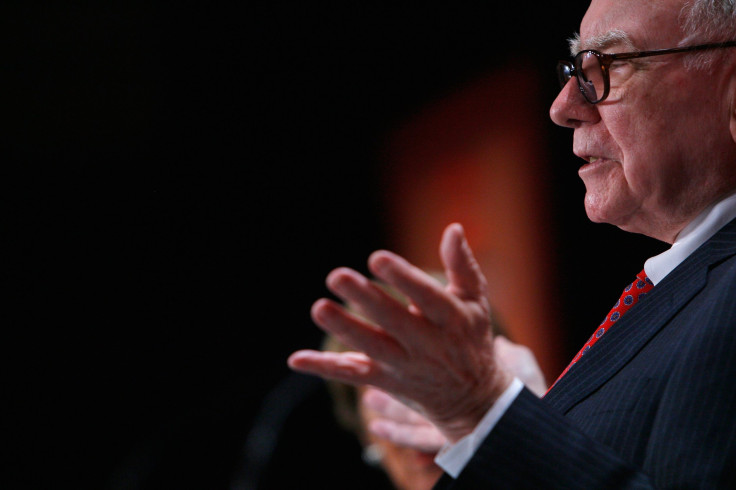Why Warren Buffett's Bleak Prediction Of Bitcoin And Cryptocurrencies Is Wrong

Billionaire investor Warren Buffett has joined a long line of influential voices from the traditional financial world pouring cold water on increasing enthusiasm for the new — and booming — asset class of cryptocurrencies.
"In terms of cryptocurrencies, generally, I can say with almost certainty that they will come to a bad ending," the chairman and CEO of Berkshire Hathaway said last week.
Buffett has been a legendary investor for decades and is one of the wealthiest men on the planet. Understandably, his views carry great weight in financial circles, and he chooses his words carefully. But it is worth stopping to consider why the Oracle of Omaha, like many top financial executives over the years, feels compelled to insert himself into an arena where he deliberately makes no investments and even acknowledges his own ignorance.
The question is: Why in the world should he take a position on cryptocurrencies, even in the public debate? The answer probably lies in the pressure that traditional banks, hedge funds and investment companies like his are feeling from their shareholders. Those shareholders are seeing others get 1000 percent returns or higher while they are forced to make do with typically low single-digit results. The leaders of these companies need a response to the pressure and have to justify why they shy away from Bitcoin, Ethereum and top technology tokens in Initial Coin Offerings. They sound shrill in the face of an avalanche of evidence that they have missed out on huge gains.
Buffett himself has maintained that he only invests in things he understands. This is valid in that you should understand what you invest in. But Buffett is also very closed minded. Instead of trying to understand something new, he shuts it off. He himself did not make a technology investment until very late. It would be better received, now that he has made all his own wealth, if he could inspire people to be innovative and learn more. Instead, in reality, he continues to align with the same tried-and-trusted methodologies.
The 87-year-old has amassed a net worth of nearly $90 billion, preaching a long-term buy-and-hold approach. This was a good strategy for a long time ago. But in practice, it has created vast wealth for just a few. Innovation is what is needed for the world to progress. But Buffett’s strategy is anti-innovation. A case in point is when newspapers he owned started dying, and he failed to look into innovative new media. Innovation requires risk and risk leads to rewards. Silicon Valley and all the wealth in technology is has resulted from taking risky positions.
In reality, when thousands of people across the world risk $500 to $2,000 on a new crypto-asset and technology, it leads to better results than just parking it in Coca-Cola. In crypto, barely a week goes by without an asset hitting an all-time high. A case in point is the No. 2 cryptocurrency, Ethereum, which breached $1,400 this month for the first time. A year ago, Ethereum was barely $10. How is that for a “bad ending”?
Pavel Bains is the chief executive officer and co-founder of Singapore-based start-up Bluzelle, a decentralized database services provider.
© Copyright IBTimes 2025. All rights reserved.





















